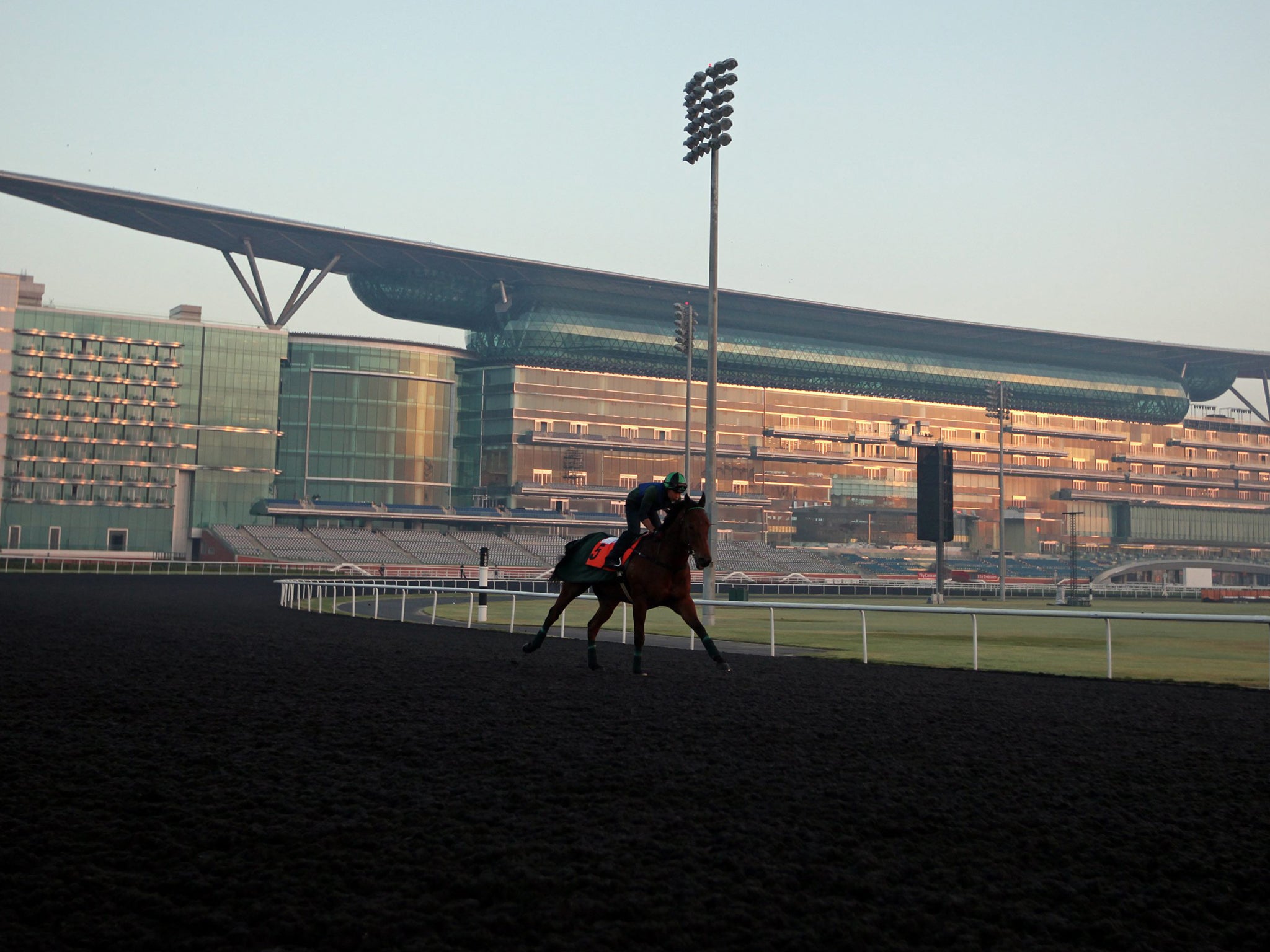British fishermen would have to show catches to EU officials under no-deal Brexit, paper reveals
Government papers also warn taking horses from Britain to the EU for racing or breeding could be stopped
British fishing boats would have to warn of visits to European Union (EU) ports and have their catches inspected by officials after a no-deal Brexit, new documents have revealed.
UK-registered vessels will no longer have an automatic right to land fish in any EU port if Britain leaves the without an agreement, the paperwork states.
The details are set out in a raft of guidance published by the government that outlines a no-deal scenario at the end of March when Britain leaves the bloc, covering areas ranging from farming and fishing to exporting horses.
The paper on fishing states that non-UK-registered vessels will no longer enjoy automatic access to UK waters.
But it continues: “UK-registered vessels will no longer have an automatic right to land fish in any EU port.”
British boats “will have to notify their intention to visit an EU-designated port and present information relating to the vessel and catch on board”, the document warns.
“UK vessels may be subject to inspection: this could include a full document check, inspection of the catch and, where information has been provided electronically, database checks," it states.
Similarly, foreign boats, including EU vessels, would be subject to equivalent access rules at British ports.
The EU will also require UK exporters to issue a catch certificate with each consignment of fish or fishery products it receives.
Fishermen’s leaders have previously warned a no-deal Brexit could threaten the industry.
The government also warned the movement of horses between Britain and the EU for racing or breeding could be stopped.
Current rules require an animal “passport” and a health document, and government officials are trying to convince the EU to let the UK become a “listed third country” on 29 March. But the warning says that if this does not happen, horses could not be taken into the bloc.
EU certification would require more work by vets to confirm the absence of disease, the paper notes, which could cost up to £500 more if blood tests are needed, depending which category the UK was placed in.
The British Veterinary Association warned it could mean a surge in demand for members at a time when the workforce was already facing significant shortfalls in capacity.
In a recent BVA survey, two-thirds of vets who are qualified to sign export health certificates said they were not planning to renew their qualification.
In the event of no deal, owners would need to apply for a new government-issued identity document if they wanted to move horses to the EU that were not registered on a studbook or pedigree register or with a national branch of an international organisation for racing or competition.
Bringing horses from Europe into Britain would not change.
The official documents say a no-deal scenario is unlikely and negotiations “are progressing well”, but it adds: “However, it’s our duty as a responsible government to prepare for all eventualities, including ‘no deal’, until we can be certain of the outcome of those negotiations.”
To import and export items including caviar, snowdrops, orchids, corals, reptiles and alligator skins used to make bags and watch straps, new licences would be needed, according to a paper on moving endangered species.
It outlines how the UK would comply with international obligations under the Convention in International Trade in Endangered Species of Wild Fauna and Flora (Cites), a treaty that protects wildlife.

Items in annex B of the treaty, which can be freely traded at the moment in the EU, are among those that would need to follow the same processes as those currently in place for movement between the UK and non-EU countries.
Anyone importing species from the EU would need to ensure that suitable facilities were in place for handling live animals, the document warns.
Importers would have to take care to use “an appropriate land, sea or air port for the shipment”.
High-risk food and animal feed would need to be checked entering the UK without a Brexit deal.
The UK would also lose access to the systems for exchanging intelligence about food alerts between EU countries, the papers reveal.
“If the UK leaves the EU in March 2019 with no deal in place, the UK will no longer be able to rely on the EU undertaking full import controls on high-risk consignments transiting through the EU to the UK. The goods will therefore need to be checked as they enter the UK,” they say.
The Food Standards Agency plans to require all importers of high-risk food and feed from the EU to warn them using a new UK import notification system.
All the new guidance documents have the caveat: “This notice is meant for guidance only. You should consider whether you need separate professional advice before making specific preparations.”
Join our commenting forum
Join thought-provoking conversations, follow other Independent readers and see their replies
Comments
Bookmark popover
Removed from bookmarks